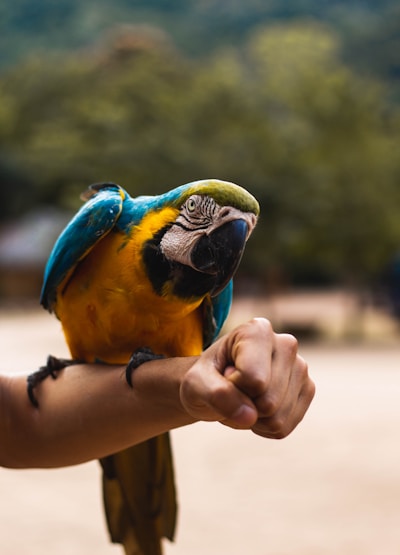Avian Pox
Birds are fascinating creatures that bring joy and beauty to our lives. Whether you have a pet bird or enjoy watching them in the wild, it’s important to be aware of common health issues that can affect our feathered friends. One such health issue is avian pox, a viral disease that can impact a variety of bird species.
Avian pox is caused by a virus that can be spread through direct contact with infected birds or contaminated surfaces. The virus can also be transmitted by mosquitoes, making it important to take steps to prevent these pesky insects from coming into contact with your feathered friends. Avian pox primarily affects the skin and mucous membranes of birds, causing wart-like growths or lesions to develop.
One of the most common signs of avian pox is the presence of these growths on the skin, beak, or eyes of the affected bird. In severe cases, the lesions can interfere with the bird’s ability to eat, breathe, or see, leading to serious health complications. If you notice any unusual growths or changes in your bird’s appearance, it’s important to seek veterinary care as soon as possible.
Preventing avian pox is key to keeping your birds healthy and happy. One of the best ways to prevent the spread of the virus is to practice good hygiene and sanitation in and around your bird’s living area. Regularly clean and disinfect cages, feeders, and water dishes to reduce the risk of contamination. Additionally, it’s important to keep wild birds away from your pet bird to prevent the spread of disease.
Mosquito control is another important aspect of preventing avian pox. Mosquitoes can carry and transmit the virus to birds, so it’s important to take steps to reduce mosquito populations in and around your bird’s environment. This can include using mosquito repellents, eliminating standing water where mosquitoes breed, and using mosquito nets or screens to keep them out of your bird’s living area.
If you suspect that your bird may have avian pox, it’s important to seek veterinary care immediately. Your veterinarian can diagnose the disease and recommend appropriate treatment options to help your bird recover. In some cases, supportive care such as pain management or antibiotics may be necessary to help your bird heal.
Overall, avian pox is a serious health issue that can impact the well-being of your feathered friends. By practicing good hygiene, mosquito control, and seeking veterinary care when needed, you can help prevent the spread of the virus and keep your birds healthy and happy. Remember, a healthy bird is a happy bird!
